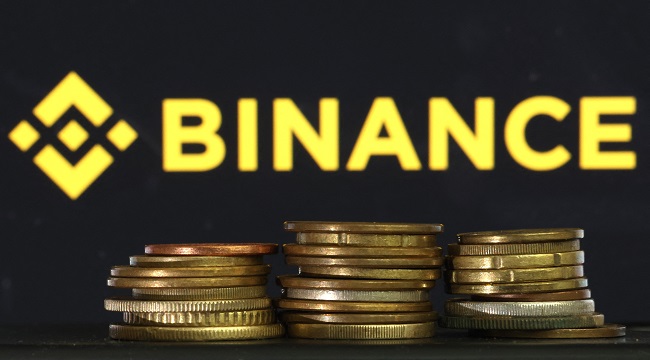
Cryptocurrency is the buzzword in the digital world nowadays. More people every day are starting to understand the potential of the crypto ecosystem. This surge is increasing the demand in the market. And as a byproduct, trading in a crypto exchange is evolving as an in-demand skill to acquire.
Trading crypto in a decentralized exchange can undoubtedly appear overwhelming without knowledge. So before getting your hands wet in crypto trading, get some profound in-depth knowledge from platforms like bybit learn and increase your chances of trading effortlessly.
Before your involvement in the comprehensive knowledge base, you need a basic understanding of a decentralized system and its operational know-how.
Read this blog to start understanding the fundamental bargain of the decentralized crypto trading system.
What is a Crypto Exchange?
A crypto exchange is where anybody owning some cryptocurrency like Bitcoin, Ethereum, or any other altcoins can trade their cryptos almost instantly. With the recent advancements in the blockchain system, decentralized crypto exchanges are becoming familiar to the netizens, and let us see why.
How does a decentralized crypto trading platform function?
#1: Technical Functioning:
- Firstly, the order needs to be placed by a token owner to exchange his acquisitions with another asset available on DEX. Here, the token owner needs to specify the number of units they want to sell and the cost of the token. They also determine the period by which their assets will be available for bids.
- Subsequently, other users can submit bids by singling a buy order once the selling order gets placed.
- Finally, the bids are reviewed by both parties. This selling process is initiated under the stipulated time set by the sellers.
#2: What you do as a User:
- As and user, you need your wallet address to log in to the blockchain of the decentralized exchange.
- You can then submit a buy or sell request on your application.
- Once the smart contracts are performed, your assets will get transferred, and you can disconnect from the blockchain.
What are the benefits of a decentralized crypto exchange system?
There are several advantages you get from a decentralized crypto exchange environment. You can consider understanding these benefits to formulate your strategies.
#1: Anonymity:
Decentralized exchanges operate on a constellation model. This approach ensures there is no central authority involved in the transactions. You can maintain your anonymity while trading inside the blockchain. Your wallet address is not integrated with your real-life identity because there is no requirement for identity verification. Moreover, you get to utilize tools not available otherwise in a centralized system.
#2: Flexible Fees:
Various traditional platforms require you to pay a per trade fee which differs from one to another. Centralized crypto exchanges charge a % fee on the amount for every transaction, while in a decentralized system, you can pay a per trade fee like the standard platforms. If you are a trader, this feature will surely seize your attention.
#3: Control and Ownership:
In a centralized exchange, the ownership of the digital coins is directly regulated by the exchange, which is prone to crypto theft! Although the transaction speed is comparatively low in a decentralized exchange, a user enjoys total control and ownership over their assets.
#4: Liquidity:
Finally, the liquidity factor is significant in continuously determining the consistency of the decentralized medium. In crypto trading, liquidity enables effortless price discovery, which is difficult to achieve in a centralized structure.
How is the decentralized system different from centralized cryptocurrency trading?
- Privacy and security: DEX provides anonymity which translates to better, privacy while CEX is more inclined to crypto theft.
- Crypto asset diversity: CEX unlike a DEX, lists only certain currencies under defined legal standards and security protocols which leads to less asset diversity.
Summing up
Blockchain technology is in the nascent stage and is going through serious development. In the future, the ecosystem of crypto trading will get determined by the features that each paradigm offers. In this regard, centralized and decentralized exchanges have both merits and demerits. Now, it downright depends upon your investment decisions and your level of commitment to which one you select. While centralized mode gives us a particular convenience, assuming responsibility in managing your decentralized trade will open a new horizon for the industry.



